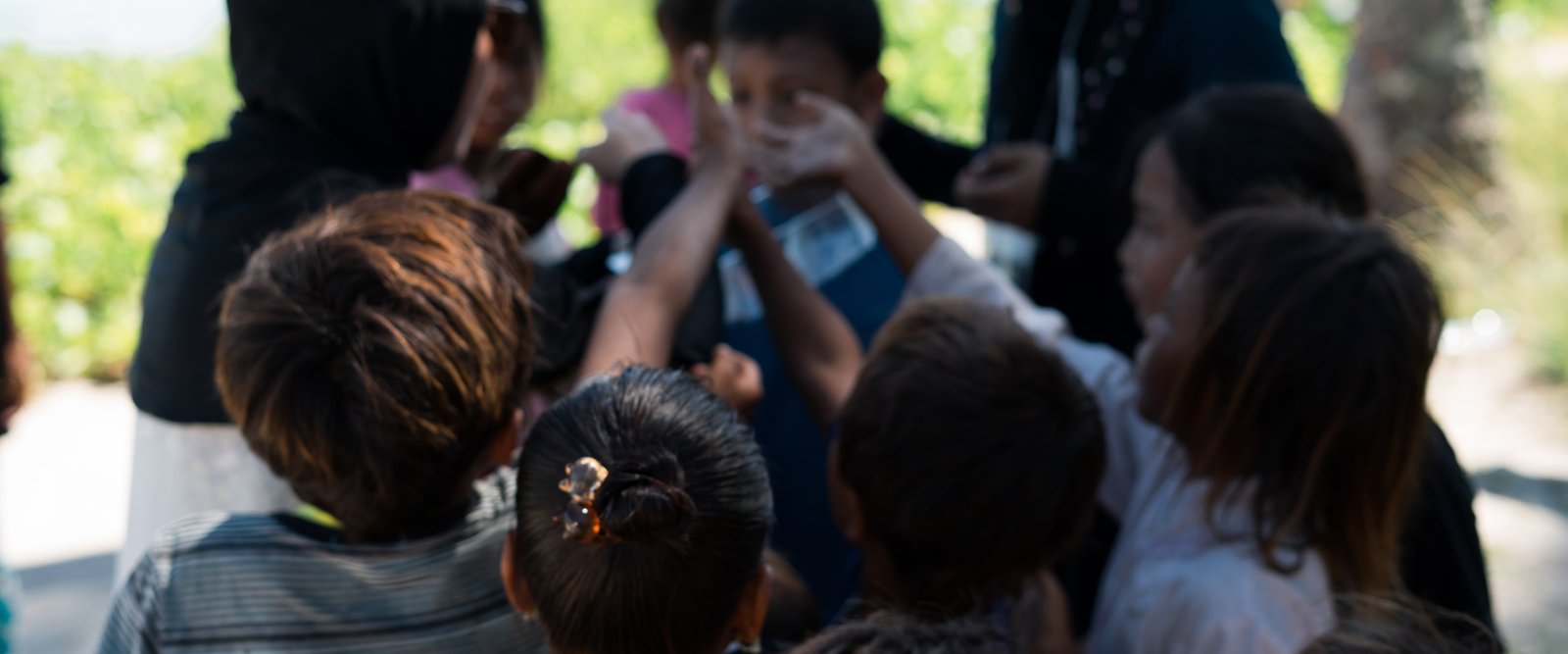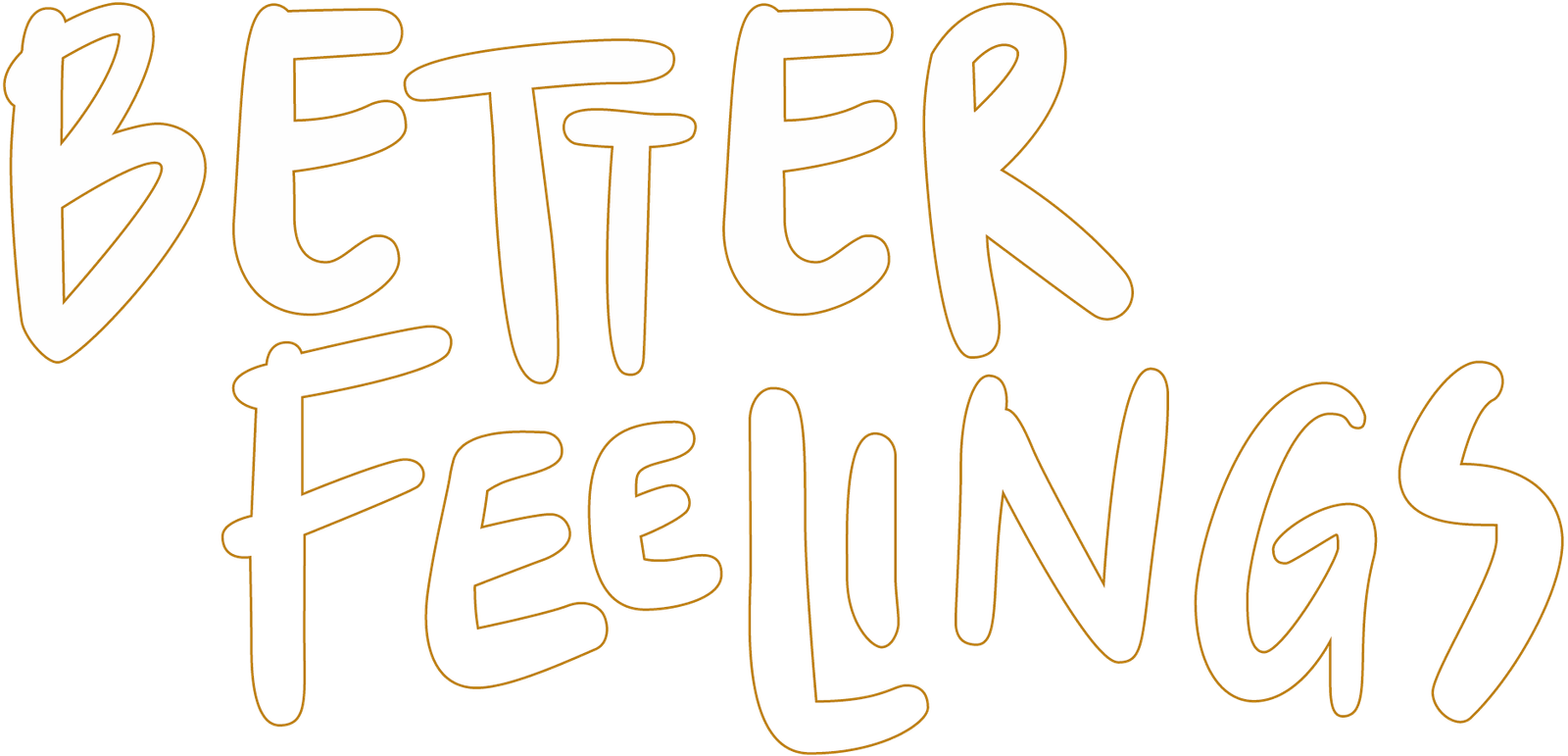#BFF
RESOURCES
Understanding Mental Health Challenges in Youth
The mental health landscape for children and adolescents in the United States is complex and multifaceted, characterized by various challenges that many face during their developmental years. Common issues such as anxiety, depression, and Attention Deficit Hyperactivity Disorder (ADHD) affect millions of children, necessitating comprehensive understanding and intervention strategies. According to estimates, approximately 1 in 6 children in the U.S. experience a mental health disorder each year, underscoring the urgency to address these issues early.
Anxiety disorders are prevalent among young people, potentially impacting school performance and social interactions. Research indicates that nearly 31% of adolescents experience an anxiety disorder at some point, which can manifest as excessive worry, restlessness, or avoidance behaviors. Similarly, depression in youth is a significant concern, with around 20% of adolescents experiencing a major depressive episode before they reach adulthood. These mental health challenges highlight the critical importance of early intervention and the involvement of mental health resources.
Access to mental health resources is essential, including a comprehensive resource list that provides options ranging from therapists to online resources, facilitating family engagement and support. Understanding and addressing these mental health challenges in youth is instrumental in promoting their overall well-being and development. The integration of early prevention and intervention measures is vital in alleviating the long-term effects of mental health issues in this vulnerable population.
Key National Resources for Mental Health Support
In the United States, numerous organizations provide invaluable resources aimed at supporting children and adolescents dealing with mental health challenges. In the coming months we will provide links and resources to this support.
988: Mental Health Hotline
Website: https://988lifeline.org/
The 988 Mental Health Line provides support for emotional challenges, substance use issues, life-threatening crises, and more. You can call, text, or even chat online with a trained specialist who will listen and provide support and necessary resources.
Local Resources for Mental Health in Colorado
Colorado offers a variety of mental health resources dedicated to supporting the needs of children and adolescents. Understanding the importance of robust mental health services for youths, state-specific organizations and community health providers play a crucial role in ensuring accessible care for young individuals facing mental health challenges. Below is a resource list that can guide parents and guardians in finding the necessary support for their children.
988: Colorado Mental Health Hotline
Website: https://www.988colorado.com/
The 988 Colorado Mental Health Line provides support for emotional challenges, substance use issues, life-threatening crises, and more. You can call, text, or even chat online with a trained specialist who will listen and provide support and necessary resources.
I Matter Colorado
Website: https://www.imattercolorado.org/
Colorado House Bill 21-1258 established I Matter in 2021 to provide access to mental health and substance use disorder services for youth. I Matter is open to youth 18 years of age or younger, or 21 years of age or younger if receiving special education services.
Colorado Department of Human Services – Office of Behavioral Health
Website: colorado.gov/pacific/cdhs/behavioral-health
The Colorado Office of Behavioral Health provides mental health programs and services for children and adolescents across the state. Their initiatives include crisis interventions, early intervention programs, and prevention services designed to promote positive mental well-being among youth.
Children’s Hospital Colorado – Mental Health Services
Website: childrenscolorado.org/conditions-and-advice/mental-health/
Children’s Hospital Colorado features comprehensive mental health services specially tailored for kids and teenagers. They provide expert evaluations, outpatient therapy, and inpatient care, along with a robust support system that tackles critical mental health concerns and offers parenting resources.
OwnPath Care
Website: https://ownpath.co/
Own Path provides a database of Colorado substance use and mental health resources provided by the Behavioral Health Administration. It is available to anyone in Colorado, no matter age.
School-based Mental Health Initiatives
Many schools in Colorado have partnerships with local behavioral health organizations to provide on-site mental health services. These initiatives allow children to receive support during school hours, promoting early intervention and making resources easily accessible. Parents should inquire with their local school districts about the specific counseling services available.

Encouraging Open Conversations About Mental Health
Fostering open conversations about mental health is vital for the emotional and psychological wellbeing of children and adolescents. It is essential that parents, educators, and community members encourage dialogue about mental health to create an environment where children feel safe expressing their thoughts and feelings. Modern society often stigmatizes discussions surrounding mental health; therefore, proactive measures should be taken to normalize these conversations.
One effective strategy for initiating discussions is to create a comfortable atmosphere through casual settings, such as family dinners or weekend outings. Parents can begin by sharing their own experiences related to stress or anxiety, demonstrating vulnerability and encouraging their children to share their own feelings. It is important to ask open-ended questions instead of leading inquiries that suggest a specific answer. For instance, asking “How have you been feeling lately?” invites deeper conversation and shows genuine concern for the child’s emotional state.
Additionally, educators play a pivotal role in recognizing signs that a child may require support. Signs may include changes in academic performance, withdrawal from social activities, or noticeable changes in behavior. Schools can integrate mental health education into their curriculum, ensuring that both students and faculty are equipped with the tools and knowledge to address and support mental health needs. This not only fosters awareness among students but also contributes to breaking down the stigma associated with mental health issues.
Community programs can further enhance these efforts by providing resources and workshops aimed at understanding adolescent mental health. Offering a resource list of local services, hotlines, and online resources can empower families to seek assistance when needed. By collaborating with schools and community organizations, parents can ensure their children have the support necessary for mental wellness. Ultimately, cultivating an open dialogue about mental health equips children and adolescents with the skills to navigate their emotional landscape, fostering resilience and wellbeing throughout their formative years.
